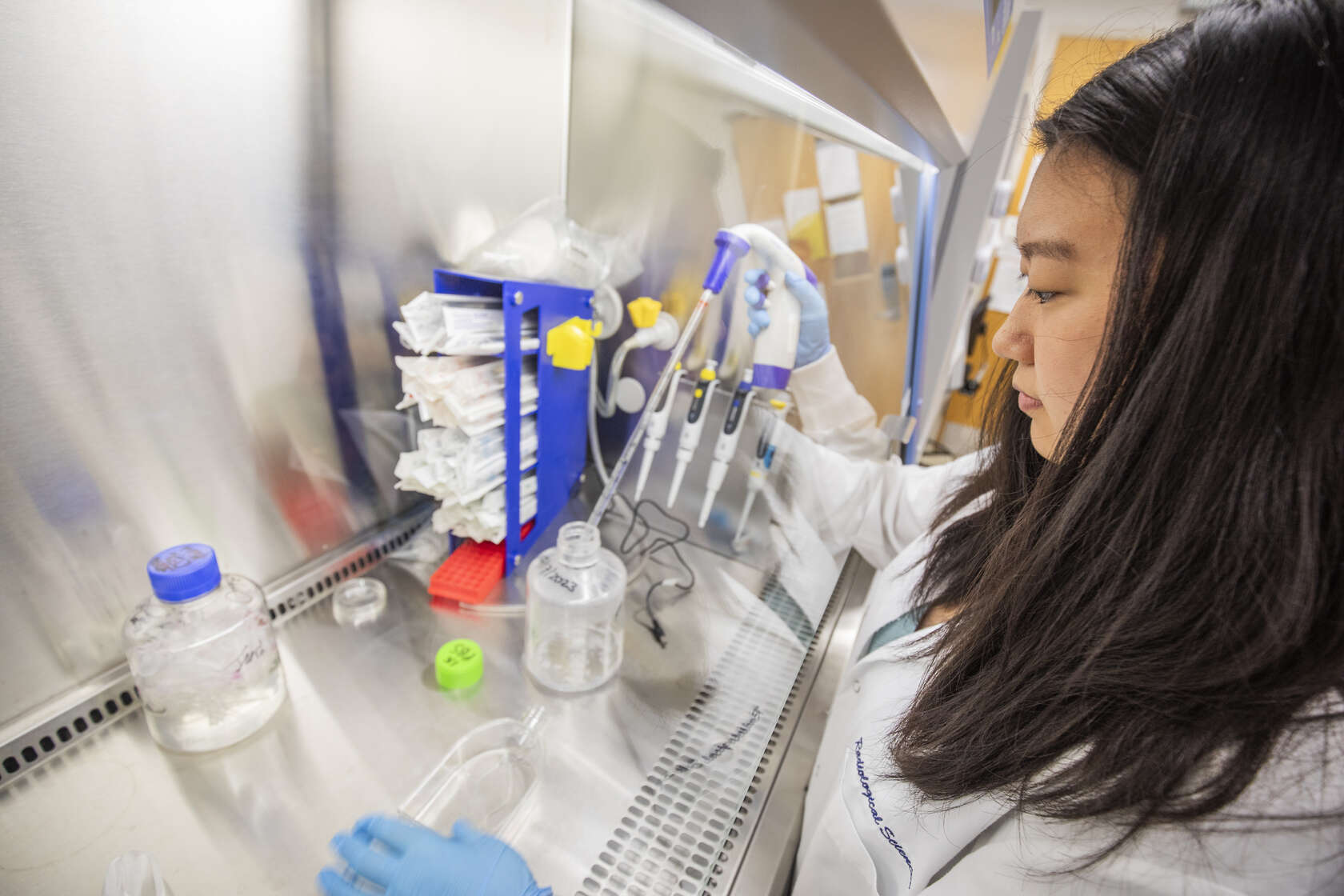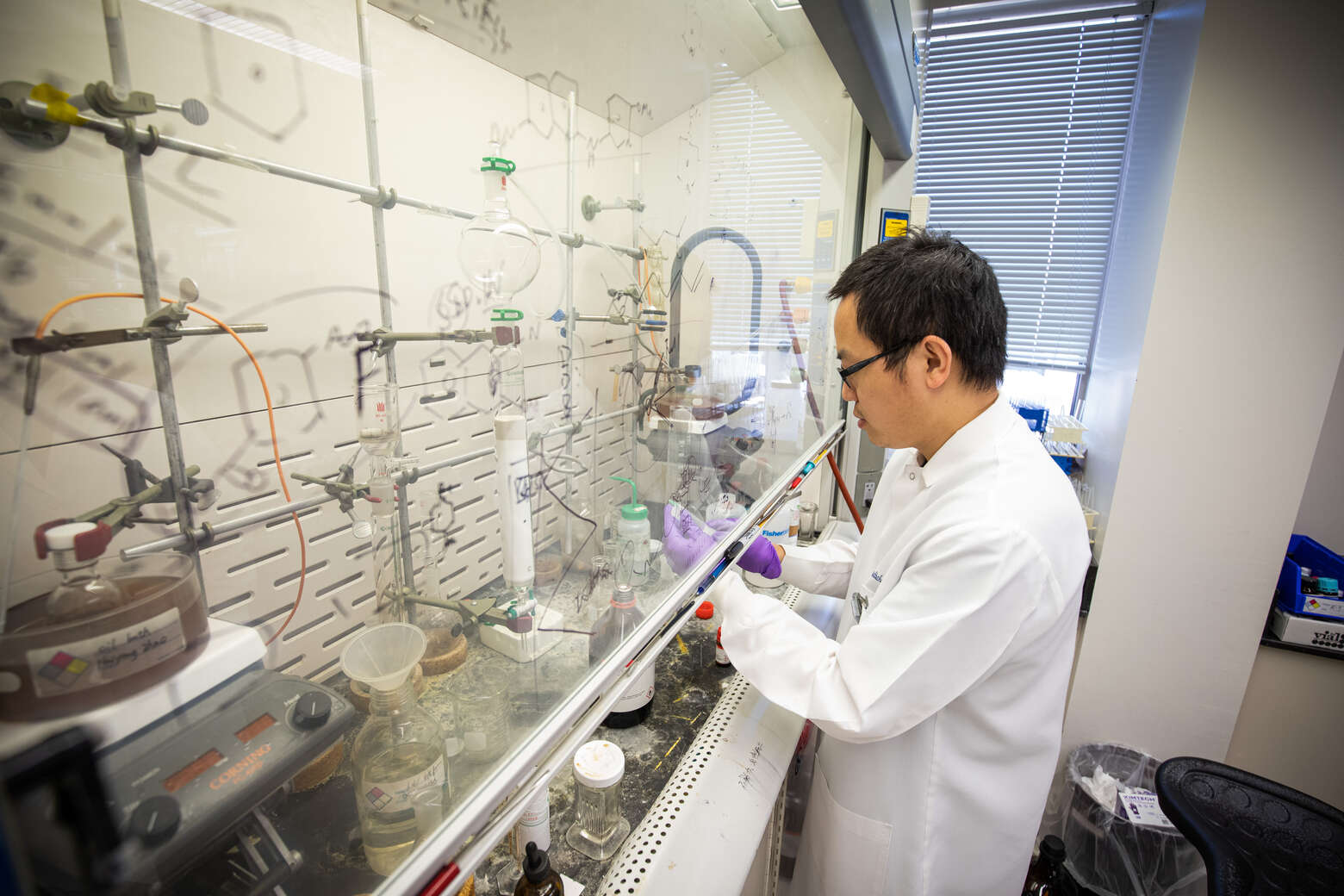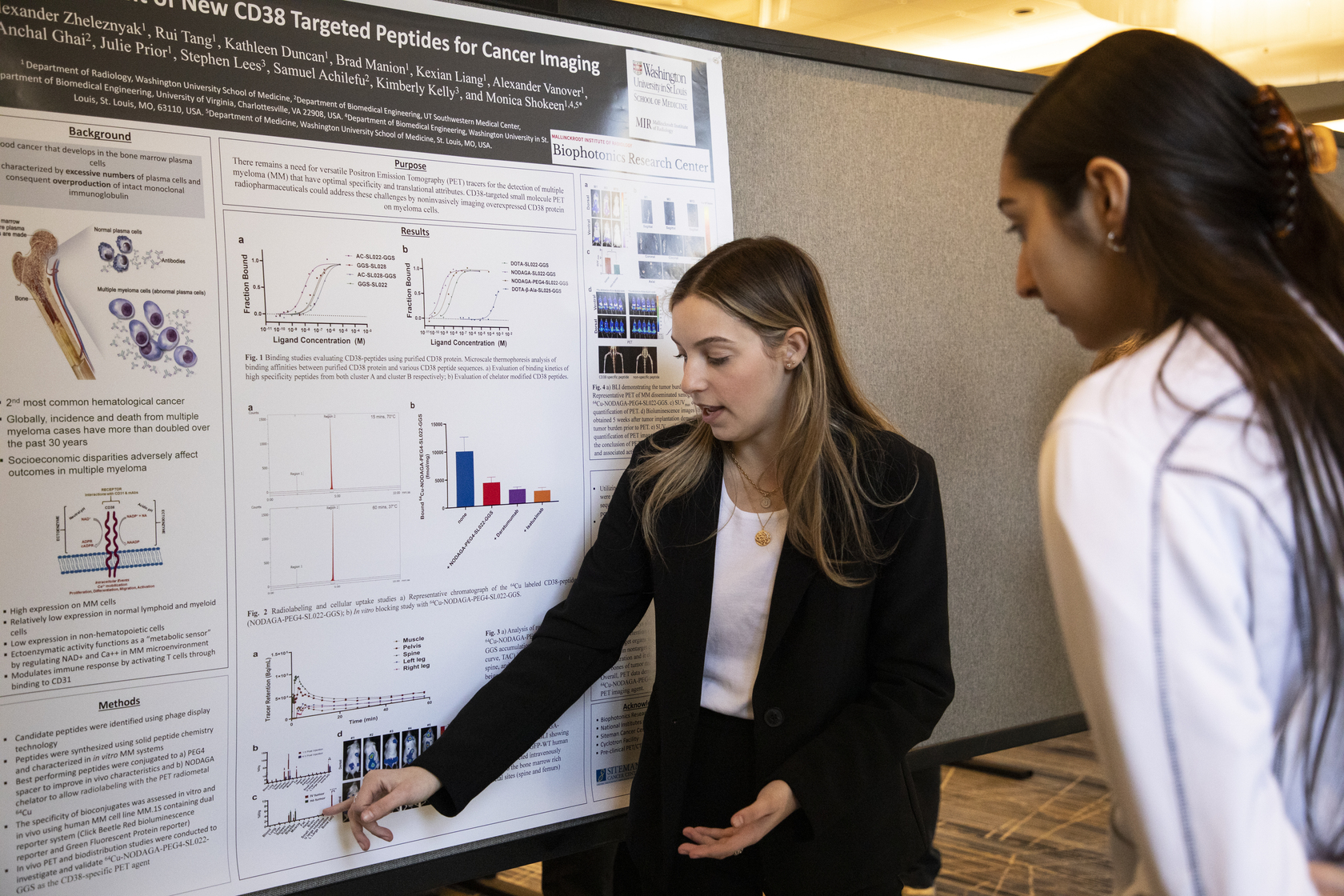NIMH Funds Eggebrecht Research on Motor Imitation in Children with Autism
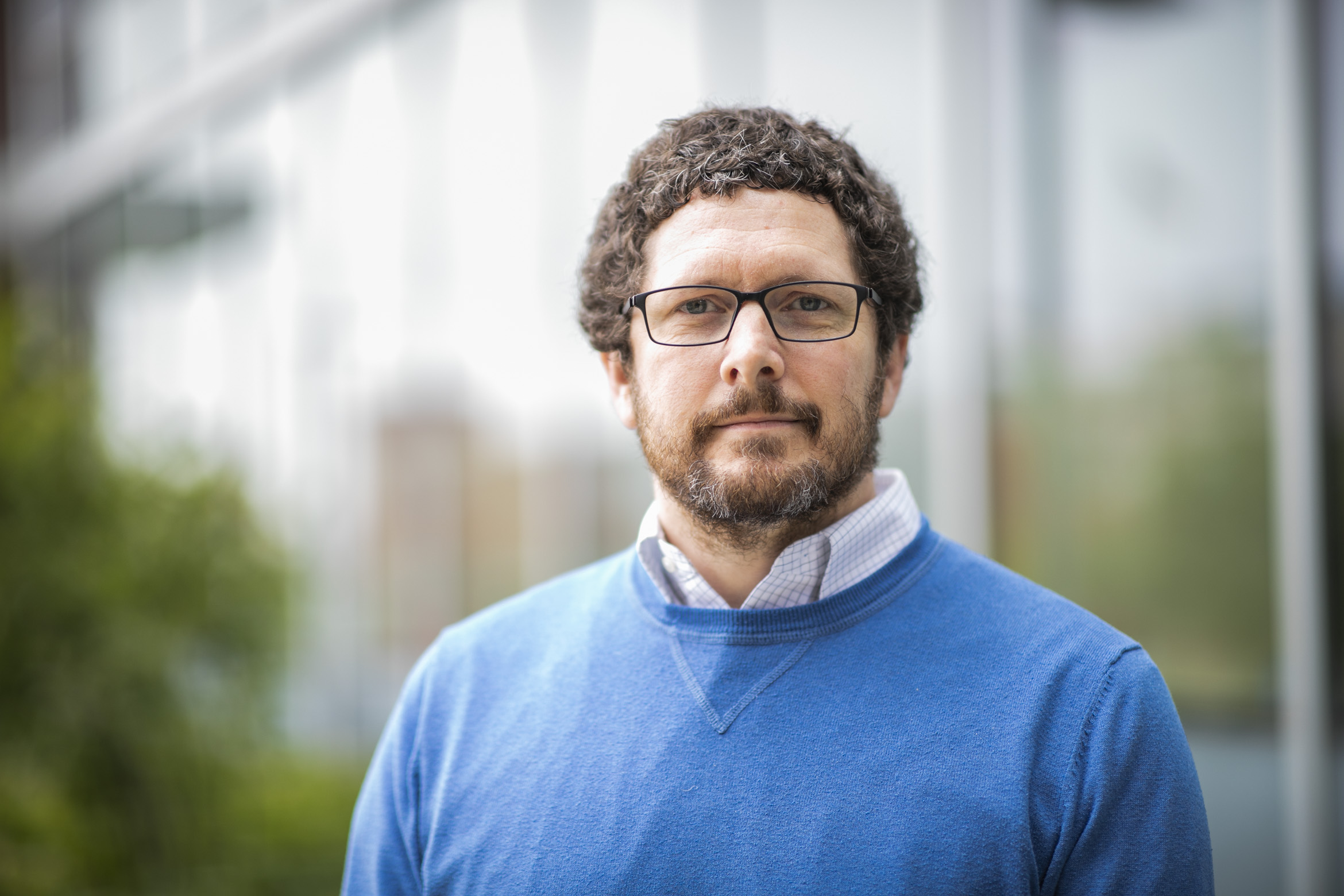
Adam T. Eggebrecht, PhD
Approximately one in every 54 children are affected by autism spectrum disorder (ASD), one of the most serious psychiatric childhood disorders. ASD is defined by deficits in social communication, restricted interests and repetitive behaviors.
Particularly, children with autism often have deficits in motor imitation — the ability to mimic physical movements and emotional behaviors of another person — which can impact their capacity to learn, socialize and communicate.
Adam T. Eggebrecht, PhD, assistant professor of radiology, is leading a study that will investigate brain function underlying motor imitation in children with and without autism spectrum disorder thanks to a two-year, $452,702 grant from the National Institute of Mental Health.
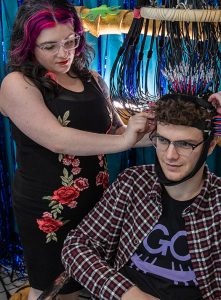
Eggebrecht and colleagues will use high-density diffuse optical tomography (HD-DOT) and computer vision techniques to monitor school-age and toddler-age children. These tools silently image brain function in a naturalistic setting and have the potential to monitor at-risk children before symptoms arise.
Specifically, Eggebrecht’s team will measure neural signatures while participants perform motor imitation and movement observation. Recent advances in functional brain imaging show promise that pre-diagnostic neural signatures for ASD may provide useful risk markers and may help shape interventional therapies to improve quality of life. Identifying these neural signatures may provide targets for future interventions as well as lay the foundation for future work that will inform developmental models of typical and atypical social communication.
Eggebrecht serves as the study’s primary investigator, with Natasha Marrus, MD, PhD, assistant professor of psychiatry at Washington University School of Medicine in St. Louis, and Stewart H. Mostofsky, MD, director of the Kennedy Krieger Institute’s Center for Neurodevelopmental and Imaging Research and professor of neurology at Johns Hopkins University School of Medicine, serving as co-investigators.

